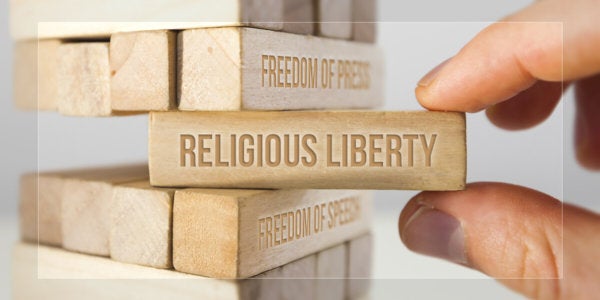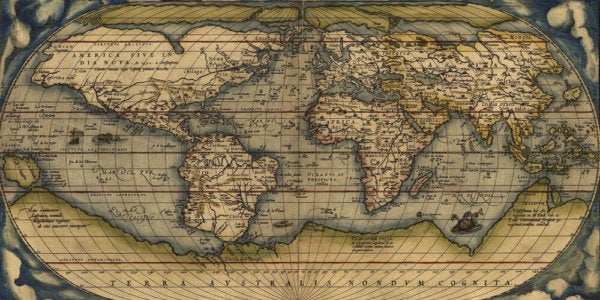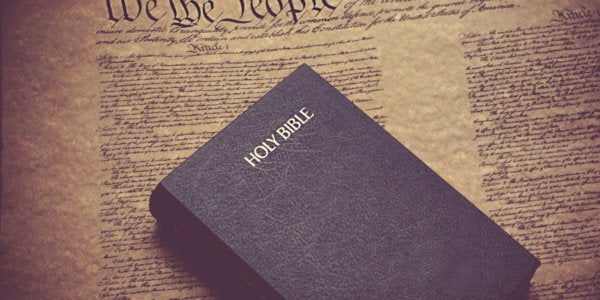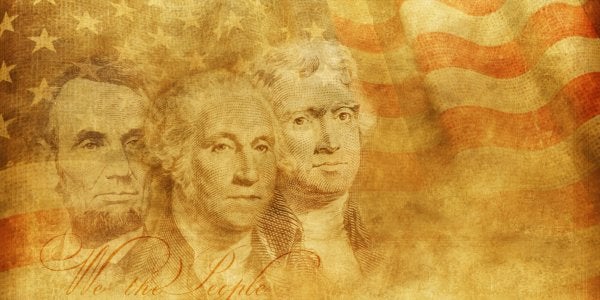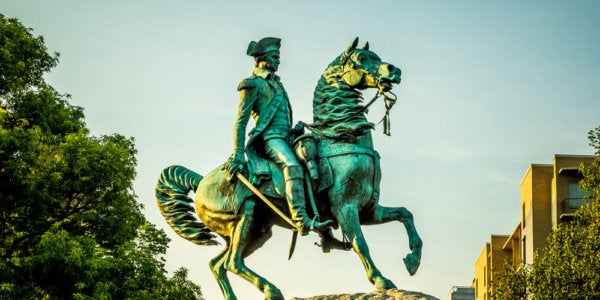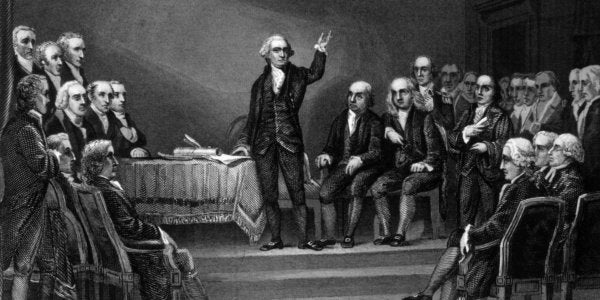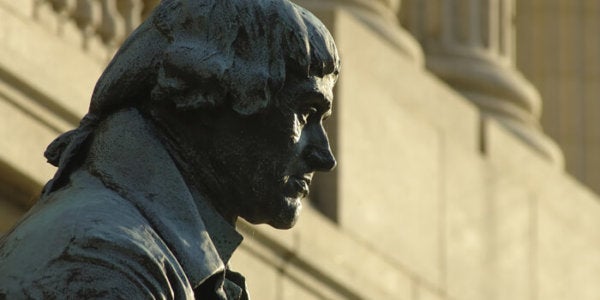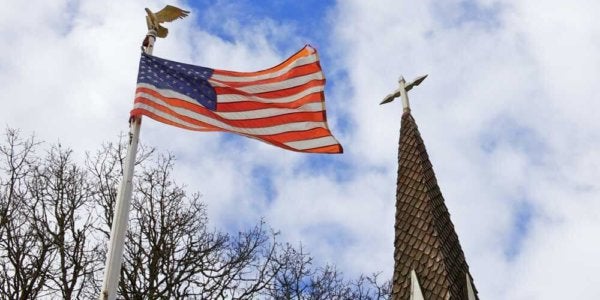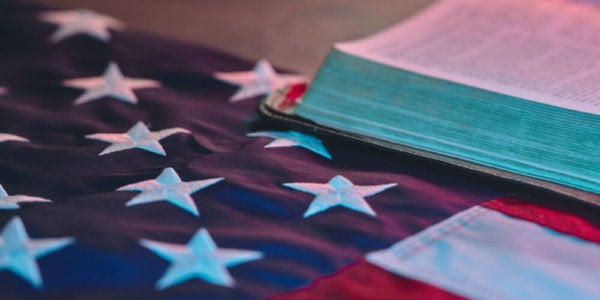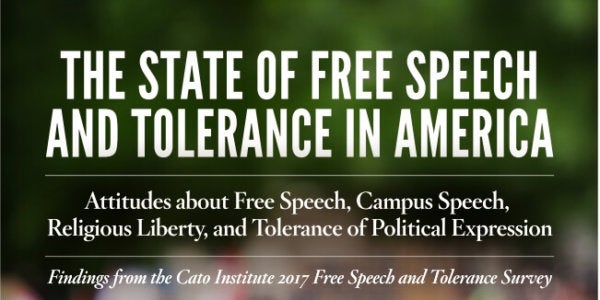First Liberty | First Freedom | Resources | Interactive Content
What You Need to Know About Religious Liberty
“Congress shall make no law respecting an establishment of religion, or prohibiting the free exercise thereof; or abridging the freedom of speech, or of the press; or the right of the people peaceably to assemble, and to petition the Government for a redress of grievances.”
Three and a half years after the ratification of the Constitution, this statement became the First Amendment.
Religious liberty is, and always has been, however, so much more than just the addition of this line. Its an element of natural law; it’s an unalienable right; its a cause that fueled a revolution. Click the slideshow images to learn more about the history of religious liberty and how its a foundational component of freedom.
Then, get the answers to some of the most common questions regarding the First Amendment. They are sure to surprise you!
Can anyone—even other private citizens—violate your First Amendment rights?
No. Often, we hear someone accuse another private citizen of violating his or her First Amendment rights.
If a radio talk show host threatens to cut off a caller, we might hear, “What about my right to free speech? What about my First Amendment rights?” What’s wrong with that question? The First Amendment only applies to government actions. In other words, it protects the citizens from the government. A private organization, like a radio talk show, cannot violate another private citizen’s First Amendment rights.
That’s not to say, however, that religious freedom is unprotected in the private sector, like at work. While the First Amendment might not apply to an employer, if an employer engages in religious discrimination against an employee, it may be violating Title VII of the 1964 Civil Rights Act. But that’s not a First Amendment or Constitutional issue.
Learn more about how the Founding Fathers envisioned a free nation by clicking the images below.
The First Amendment only applies to the federal government, right? What about the states?
The First Amendment—and several other amendments in the Bill of Rights—did not apply to state governments until the 20th century, when the Supreme Court put into place what is known as the doctrine of incorporation. Many people believe the ratification of the Fourteenth Amendment is what caused the Bill of Rights to be applied to the states, but this is yet another popular myth. In fact, in 1876 (eight years after the ratification of the Fourteenth Amendment), the Supreme Court ruled that the First and Second Amendments did not apply to the states. But in 1925, the Supreme Court began in earnest to “incorporate” parts of the Bill of Rights at the state and local level.
Click to delve deeper into understanding the where the right to religious liberty is rooted.
Does “separation of church and state” come from the First Amendment?
Neither the words nor the concept of a strict “separation of church and state” are found anywhere in the First Amendment or the Constitution.
The Supreme Court’s use of the “wall of separation between church and state” stemmed from the phrase’s appearance in a letter from Thomas Jefferson to a Baptist committee in Danbury, Connecticut. Though Jefferson’s words have been used by some to justify a radical separation of religion and government, such a reality would be out of step with the actions of Jefferson himself. For example, Jefferson attended church services held on public property, supported Bibles and missionaries to the Indians and even proposed a draft national seal depicting Moses and the Red Sea miracle.
Many commentators have asserted that, taken in context, Jefferson’s words were meant to communicate that there would be no national church or any federal discrimination on the basis of religion. This would be consistent with Jefferson’s actions and other writings.
Reference these two articles by First Liberty’s legal experts for more on the “wall of separation.”
What if religion or speech offends someone, isn’t that what the First Amendment is there to prevent?
The First Amendment does not protect one from being offended. In fact, many would argue the First Amendment is necessary precisely because it protects the right to espouse beliefs that others may find offensive. After all, the very notion that America should be an independent nation was highly offensive to the King of England at the time of the founding.
Free exercise of religion inherently implies that America should be a place where a diversity of religious views are publicly expounded and lived out. Since such a diversity will encourage the airing of differing religious beliefs about which citizens feel strongly, it follows that many people will be offended—a small price to pay for freedom.
While you’re here, check out the stats in these studies. Click the images below.

